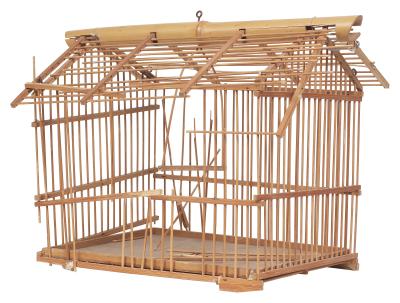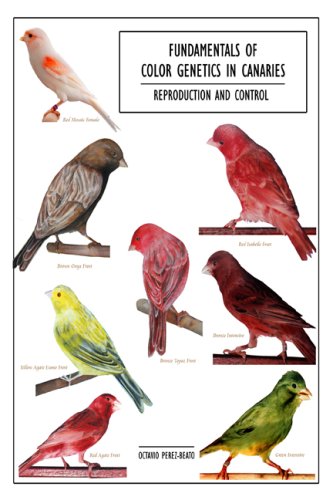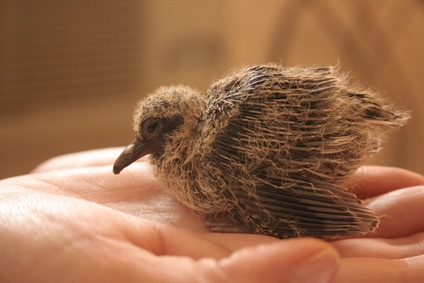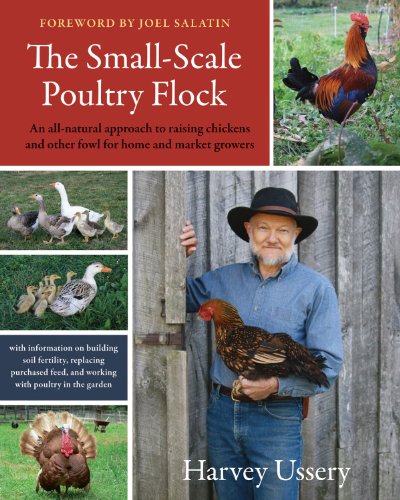Your home may not seem like an accident waiting to happen, but to a curious dog or cat, dangers can be lurking around every corner. When owning a pet, it is important to be alert to common household dangers, and how to avoid them. Protect your pet this season by poison proofing your home - room by room.
First Stop: The Living Room
If you keep plants in your home, especially your living room, learn about them. Some common household plants may be toxic to pets, and not people. For example, lilies are especially poisonous to cats, so it is important to quickly eliminate them from any bouquets. The ingestion of just one or two petals can be fatal to a cat.
Be sure to keep home fragrance products, such as simmering pots of liquid potpourri, well out of reach of your pets. These products may cause chemical burns if ingested. Additionally, don't spray aerosols, or any heavily fragranced products around caged birds, as they are especially sensitive to airborne products. Keep ashtrays and smoking cessation products such as nicotine chewing gum or patches out of reach as well. Even cigarette butts contain enough nicotine to cause poisoning in pets.
Kitchen
It is also important to beware of what human foods are poisonous to pets. Watch out for raisins, grapes, macadamia nuts, onions, garlic, unbaked yeast bread dough, fatty foods, coffee and chocolate. The artificial sweetener, xylitol is also toxic. More information about human foods that are toxic to pets can be found by contacting your Oakland veterinarian.
Keep garbage cans behind closed doors. Trash and compost bins can contain many pet toxins such as cigarette butts, coffee grounds, moldy foods, and chicken or turkey bones. In addition, keep alcoholic beverages out of reach. Alcohol can cause low blood sugar in many pets.
Bathroom
When in the bathroom, make sure you keep medications safely locked up in secure cabinets. Do not leave them on countertops or tables or store them in plastic zippered bags, which are easily chewed through. Never medicate your pets with human products without first contacting your veterinarian in Oakland. Some common human medications are extremely poisonous to pets.
Always check the container before giving medication to your pet to make sure it is the correct medication, and correct dose. Also, it is best to store your own medications in a separate cabinet than your pet's medicine. Keep your pet away from cleaning products and shut them out of the room while spraying bathroom cleaners or other products.
What is in Your Utility Room?
While organizing your utility room and garage, it is important to keep rodenticides (rat and mouse poison) far away from pets and be mindful that rodents can also transfer the products to locations that are accessible by pets. Consult your veterinarian in order to select the one that is the safest for your pet.
Additionally, store antifreeze in a sealed container out of reach of pets. Clean up spills immediately, as the sweet flavor is appealing to animals but may cause irreversible kidney disease.
When using insecticides in your home or on your pets it is important to read the label before using the product on them. Never use flea and tick products meant for dogs on your cat as they may cause tremors and seizures since they are not intended for cats. Lastly, keep expandable glues out of reach. Some glues, such as Gorilla Glue, expand once ingested and require surgical removal.
Talk to your veterinarian in Oakland for more information on how to poison proof your home inside and outside. It is always important to take extra precautions when protecting your pet this season.

 Easy to Make Bird Trap for Small Birds
Easy to Make Bird Trap for Small Birds
Easy to Make Bird Trap for Small Birds
Easy to Make Bird Trap for Small Birds
 Which Birds Emit Dander?
Which Birds Emit Dander?
Which Birds E
Which Birds Emit Dander?
Which Birds Emit Dander?
Which Birds E
 A Guide to Colour Group Canaries
The Three Canary Groups - Co
A Guide to Colour Group Canaries
The Three Canary Groups - Co
 How to Take Care of Wild Baby Birds
How to Take Care of Wild Baby Birds
Ho
How to Take Care of Wild Baby Birds
How to Take Care of Wild Baby Birds
Ho
 The Cubalaya Chicken
Poultry BreedsThe Cubalaya C
The Cubalaya Chicken
Poultry BreedsThe Cubalaya C